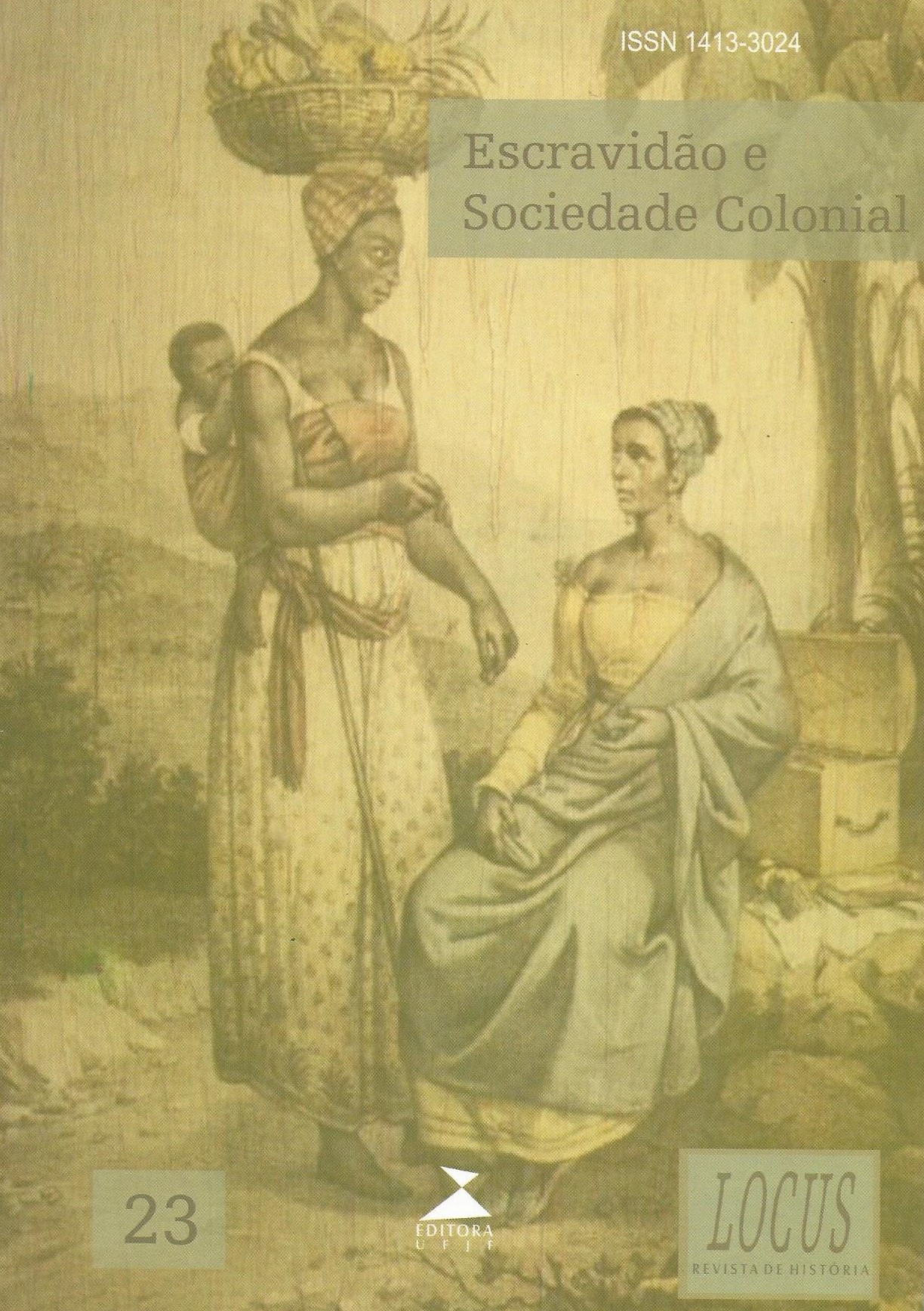Revisiting Richard Morse’sTheory of Spanish American Government for Classroom Use
Keywords
- Machiavellian,
- Thomistic,
- Periodization of Latin American History
How to Cite
Abstract
This article looks at one of Morse’s early essays, “Towards a Theory of Spanish American Government,” published in 1954 in the Journal of the History of Ideas, and explains how the author uses it to introduce and structure courses taught at Colorado College on Latin American history. Morse correlates European philosophies with Latin American political history by juxtaposing Thomistic medieval values and Machiavellian renaissance values, which Spain brought to the Americas in the sixteenth century. The three-hour classes provided by Colorado College’s unique academic calendar, the Block Plan, provides the time to address the questions raised—and the discussion generated—by Morse’s provocative essay. What does he mean by the Thomistic as opposed to the Machiavellian component? What larger point is he making about the nature of change over time in Latin America? Does the Thomistic/Machiavellian play off continue into the modern age and if so in what ways? This article also facilitates lectures because it provides a mean to periodize Latin American history. In sum, one trenchant article sets the stage for an entire course.


